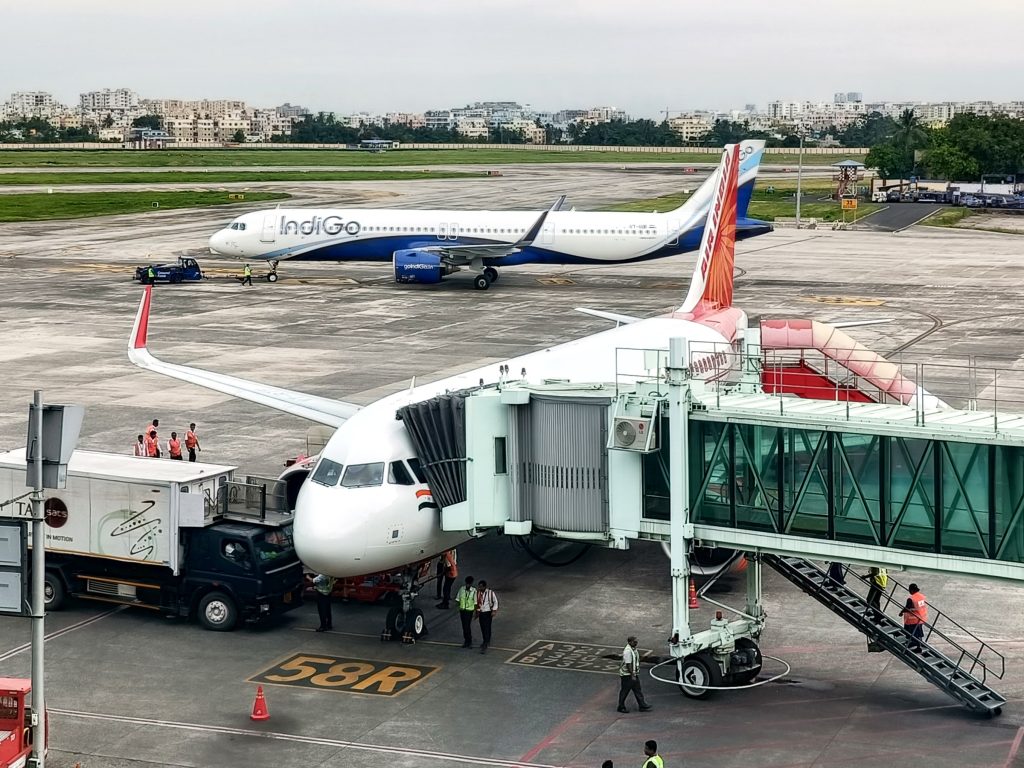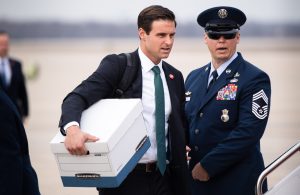Pilots Are Dying of Tiredness. Tech Can’t Save Them

Pilots Are Dying of Tiredness. Tech Can’t Save Them
Recent research has shown an alarming trend in the aviation industry – pilots are increasingly becoming victims of fatigue-related incidents.
Despite advancements in technology that aim to improve safety and efficiency in the air, these tools can’t combat the fatigue that comes with long hours, irregular schedules, and jet lag.
Pilots are often required to work long shifts with minimal rest, leading to exhaustion that can impair their decision-making and reaction times.
While automated systems can assist in certain aspects of flying, they can’t replace the need for well-rested and alert pilots at the controls.
The issue of pilot fatigue is a complex and multifaceted problem that requires a comprehensive approach to address.
Airline companies need to prioritize the well-being of their pilots by implementing better scheduling practices and providing adequate rest between flights.
In addition, regulatory bodies must enforce strict guidelines and oversight to ensure that fatigue-related incidents are minimized.
Ultimately, the human factor remains a crucial element in aviation safety, and technology alone cannot solve the challenges posed by tired and overworked pilots.
It’s essential for all stakeholders in the industry to work together to find solutions that prioritize the health and safety of those responsible for flying millions of passengers around the world each day.
Only by addressing the root causes of pilot fatigue can we truly make the skies safer for everyone.






